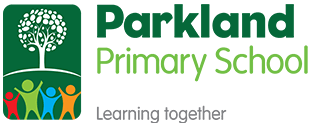© 2024 All rights reserved
Managed & Supported Hosting by Globe2
Below are a range of activities linked to the seven areas of learning in the Early Years Foundation Stage Curriculum (EYFS). These activities are designed to be fun, interactive and engaging for your 3- and 4-year olds.
Watch this video, or even complete the experiment yourself using pepper, water and soap, to show your children how important it is to wash our hands properly using soap: https://www.youtube.com/watch?v=HulpYYaQ2Dg
Twinkl is offering a month free subscription in the event of school closure. This means anyone can access all their games, worksheets and activities for free during this time. Twinkl have a variety of preschool resources to support your child’s learning at home. On their website if you search preschool home learning lots of ideas for you and your child will come up. To sign up and take advantage of this offer please use this link. Setting this up is easy to do – go to www.twinkl.co.uk/offer and enter the code UKTWINKLHELPS
Children of this age learn best through play, there are many activities on here that will benefit your child’s learning and provide knowledge in each area of the EYFS. Please do not feel as though your children should be sitting for long periods of time learning – they will be learning when you talk to them, read and sing to them and interact with them so build some of these activities into what you already do. Remember, you can add photos of what your child is doing at home to Tapestry so your child’s preschool teacher will be able to see it.
But most of all stay safe and healthy and enjoy this extra time with your little ones.
© 2024 All rights reserved
Managed & Supported Hosting by Globe2

